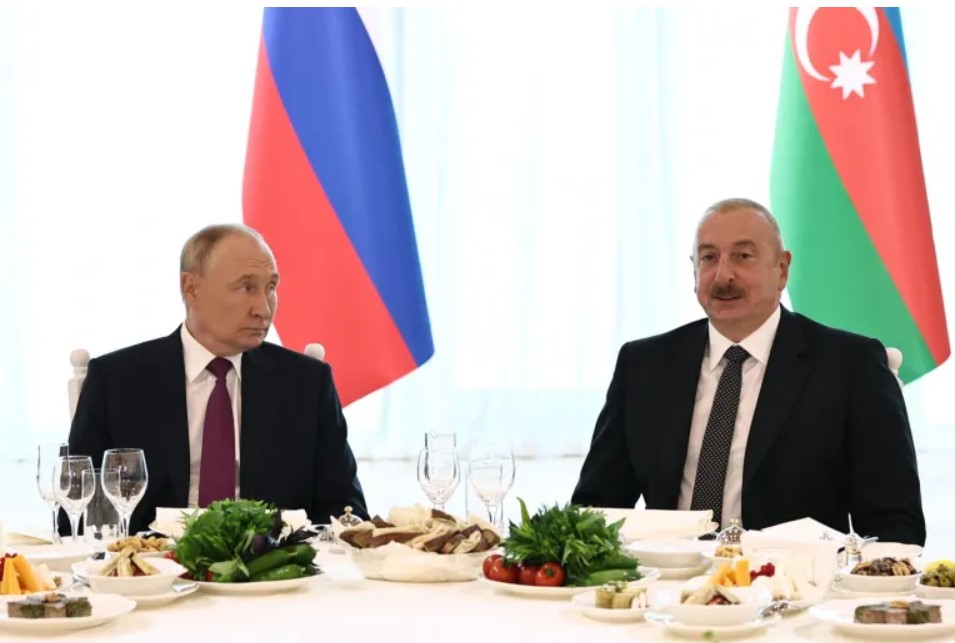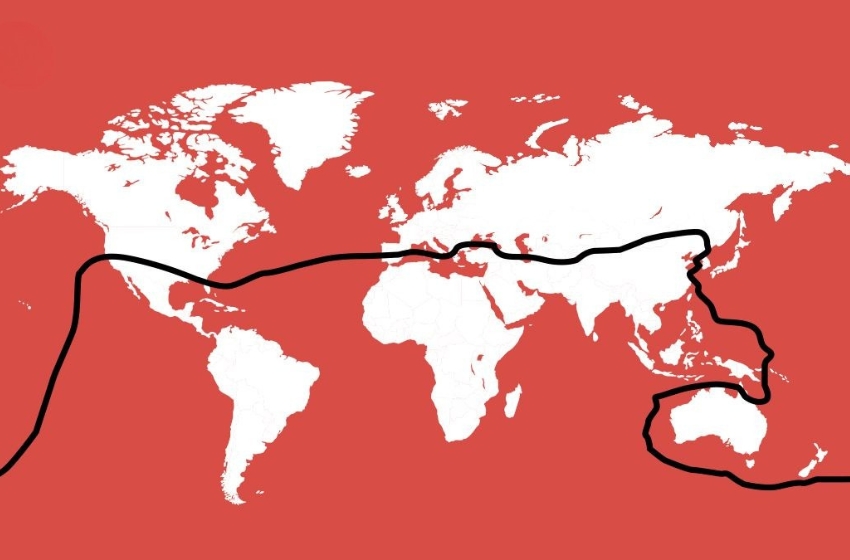Russia is rapidly losing influence in the countries of the Global South, where it had previously positioned itself as an alternative to the West, according to analysts from the Robert Lansing Institute (RLI).
Moscow can no longer manage the role of a leading player in the region. The reasons include strategic overextension due to the war against Ukraine, weakened alliances, diplomatic failures, and the loss of trust from former partners.
At the onset of the full-scale invasion, Russia diverted a significant portion of its political, military, and economic resources toward Ukraine. By mid-2025, it had lost over 40% of its modernized ground equipment, severely limiting its ability to pursue foreign policy. Russian diplomacy has become reactive and militarized, relying on arms deals and mercenaries instead of sustainable economic or cultural influence.
Countries like Armenia and Kazakhstan have openly expressed disappointment in Moscow. Armenian Prime Minister Nikol Pashinyan stated in 2024 that the CSTO failed Yerevan at a critical moment. Meanwhile, Azerbaijan increasingly views Russia as irrelevant in the shifting regional order dominated by Ankara.

Russian embassies in the Global South face funding shortages, and its soft power tools — including RT, Sputnik, and cultural programs — have lost credibility amid disinformation scandals.
In an attempt to regain influence, Russia became the first UN Security Council member to officially recognize the Taliban regime in May 2025. The move, aimed at pushing out U.S. and Indian influence in Central Asia and gaining access to Afghan resources, triggered backlash. Tajikistan, Uzbekistan, India, and Iran condemned the decision, citing increased risks of radicalization.
Moscow’s failure to mediate the Armenian-Azerbaijani conflict further damaged its standing. In 2023, when Azerbaijan took full control of Nagorno-Karabakh, Russia stood by. Despite Armenia’s CSTO membership, it received no support, prompting Yerevan to withdraw from joint military drills and pivot closer to NATO. In April 2025, Russian peacekeepers were withdrawn from Karabakh.
Meanwhile, Turkey is rapidly expanding its influence in the South Caucasus. Ankara has deepened defense ties with Azerbaijan and Georgia, and Turkish firms dominate the reconstruction of Karabakh. As a result, Russia’s economic and political relevance in the region is waning, and it risks being entirely pushed out.
There are also indications that Moscow is considering cooperation with the Taliban as a means of exerting pressure on Ukraine—possibly via illicit logistics, drone shipments, narcotics, or mercenaries. However, analysts deem this unlikely. The Taliban's ideology is focused inward on Afghanistan, and any Russian attempt to involve them abroad would likely spark strong regional backlash.
Forecasts point to a high risk of Russia losing its foothold in the Caucasus, a surge in regional radicalization with Taliban support, and a broader realignment of Global South countries toward China. In such a scenario, Russia would become a junior, increasingly dependent partner to Beijing.
In this context, the U.S. and EU gain new leverage to strengthen influence—through deeper cooperation with Armenia and Georgia, infrastructure development, and sanctions targeting Russia-Afghanistan shadow networks.


















